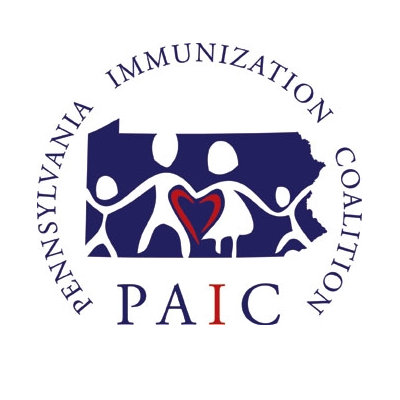Slowing the Coronavirus Is Speeding the Spread of Other Diseases
(NYTimes)-
By Jan Hoffman and
As poor countries around the world struggle to beat back the coronavirus, they are unintentionally contributing to fresh explosions of illness and death from other diseases — ones that are readily prevented by vaccines.
This spring, after the World Health Organization and UNICEF warned that the pandemic could spread swiftly when children gathered for shots, many countries suspended their inoculation programs. Even in countries that tried to keep them going, cargo flights with vaccine supplies were halted by the pandemic and health workers diverted to fight it.
Now, diphtheria is appearing in Pakistan, Bangladesh and Nepal.
Cholera is in South Sudan, Cameroon, Mozambique, Yemen and Bangladesh.
A mutated strain of poliovirus has been reported in more than 30 countries.
And measles is flaring around the globe, including in Bangladesh, Brazil, Cambodia, Central African Republic, Iraq, Kazakhstan, Nepal, Nigeria and Uzbekistan.
Of 29 countries that have currently suspended measles campaigns because of the pandemic, 18 are reporting outbreaks. An additional 13 countries are considering postponement. According to the Measles and Rubella Initiative, 178 million people are at risk of missing measles shots in 2020.
The risk now is “an epidemic in a few months’ time that will kill more children than Covid,” said Chibuzo Okonta, the president of Doctors Without Borders in West and Central Africa.
As the pandemic lingers, the W.H.O. and other international public health groups are now urging countries to carefully resume vaccination while contending with the coronavirus.
At stake is the future of a hard-fought, 20-year collaboration that has prevented 35 million deaths in 98 countries from vaccine-preventable diseases, and reduced mortality from them in children by 44 percent, according to a 2019 study by the Vaccine Impact Modeling Consortium, a group of public health scholars.
“Immunization is one of the most powerful and fundamental disease prevention tools in the history of public health,” said Dr. Tedros Adhanom Ghebreyesus, director general of the W.H.O., in a statement. “Disruption to immunization programs from the Covid-19 pandemic threatens to unwind decades of progress against vaccine-preventable diseases like measles.”
But the obstacles to restarting are considerable. Vaccine supplies are still hard to come by. Health care workers are increasingly working full time on Covid-19, the infection caused by the coronavirus. And a new wave of vaccine hesitancy is keeping parents from clinics.
yet to be hit with the full force of the pandemic itself, which will further weaken their capabilities to handle outbreaks of other diseases.
“We will have countries trying to recover from Covid and then facing measles. It would stretch their health systems further and have serious economic and humanitarian consequences,” said Dr. Robin Nandy, chief of immunization for UNICEF, which supplies vaccines to 100 countries, reaching 45 percent of children under 5.
The breakdown of vaccine delivery also has stark implications for protecting against the coronavirus itself.
Read here.
